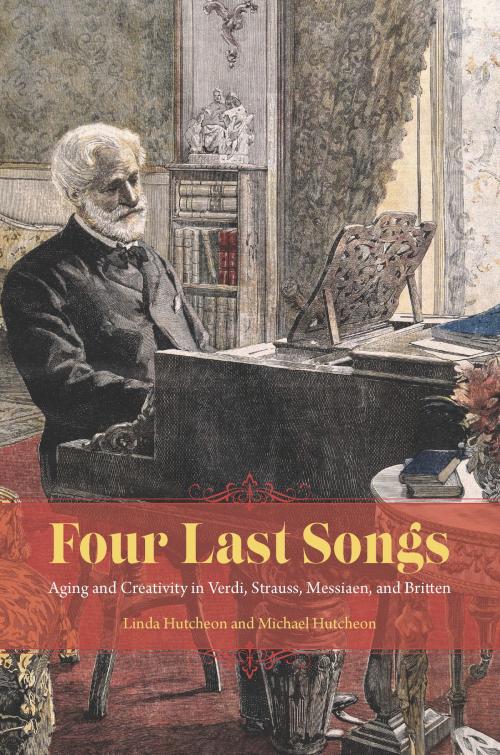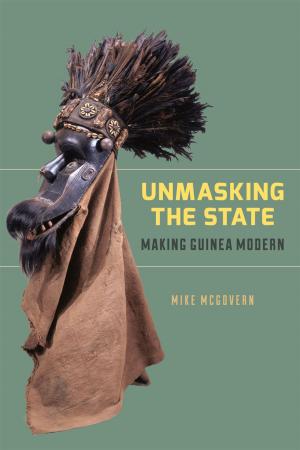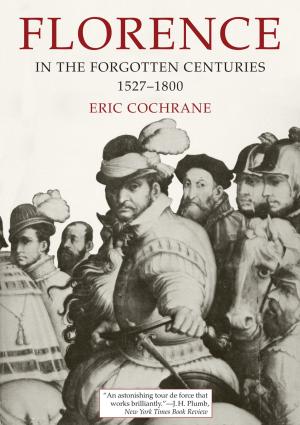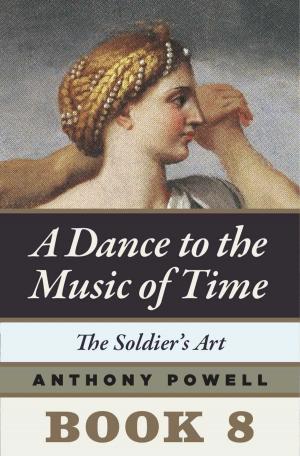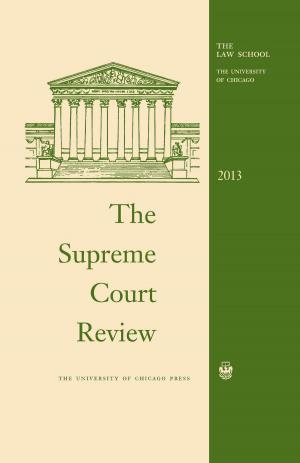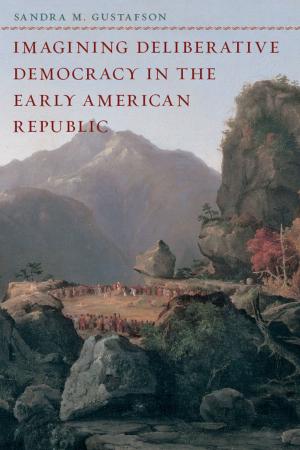Four Last Songs
Aging and Creativity in Verdi, Strauss, Messiaen, and Britten
Nonfiction, Entertainment, Music, Theory & Criticism, History & Criticism, Reference| Author: | Linda Hutcheon, Michael Hutcheon | ISBN: | 9780226255620 |
| Publisher: | University of Chicago Press | Publication: | May 22, 2015 |
| Imprint: | University of Chicago Press | Language: | English |
| Author: | Linda Hutcheon, Michael Hutcheon |
| ISBN: | 9780226255620 |
| Publisher: | University of Chicago Press |
| Publication: | May 22, 2015 |
| Imprint: | University of Chicago Press |
| Language: | English |
Aging and creativity can seem a particularly fraught relationship for artists, who often face age-related difficulties as their audience’s expectations are at a peak. In Four Last Songs, Linda and Michael Hutcheon explore this issue via the late works of some of the world’s greatest composers.
Giuseppe Verdi (1813–1901), Richard Strauss (1864–1949), Olivier Messiaen (1908–92), and Benjamin Britten (1913–76) all wrote operas late in life, pieces that reveal unique responses to the challenges of growing older. Verdi’s Falstaff, his only comedic success, combated Richard Wagner’s influence by introducing young Italian composers to a new model of national music. Strauss, on the other hand, struggling with personal and political problems in Nazi Germany, composed the self-reflexive Capriccio, a “life review” of opera and his own legacy. Though it exhausted him physically and emotionally, Messiaen at the age of seventy-five finished his only opera, Saint François d’Assise, which marked the pinnacle of his career. Britten, meanwhile, suffering from heart problems, refused surgery until he had completed his masterpiece, Death in Venice. For all four composers, age, far from sapping their creative power, provided impetus for some of their best accomplishments.
With its deft treatment of these composers’ final years and works, Four Last Songs provides a valuable look at the challenges—and opportunities—that present themselves as artists grow older.
Aging and creativity can seem a particularly fraught relationship for artists, who often face age-related difficulties as their audience’s expectations are at a peak. In Four Last Songs, Linda and Michael Hutcheon explore this issue via the late works of some of the world’s greatest composers.
Giuseppe Verdi (1813–1901), Richard Strauss (1864–1949), Olivier Messiaen (1908–92), and Benjamin Britten (1913–76) all wrote operas late in life, pieces that reveal unique responses to the challenges of growing older. Verdi’s Falstaff, his only comedic success, combated Richard Wagner’s influence by introducing young Italian composers to a new model of national music. Strauss, on the other hand, struggling with personal and political problems in Nazi Germany, composed the self-reflexive Capriccio, a “life review” of opera and his own legacy. Though it exhausted him physically and emotionally, Messiaen at the age of seventy-five finished his only opera, Saint François d’Assise, which marked the pinnacle of his career. Britten, meanwhile, suffering from heart problems, refused surgery until he had completed his masterpiece, Death in Venice. For all four composers, age, far from sapping their creative power, provided impetus for some of their best accomplishments.
With its deft treatment of these composers’ final years and works, Four Last Songs provides a valuable look at the challenges—and opportunities—that present themselves as artists grow older.
